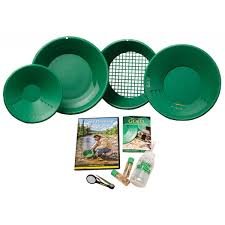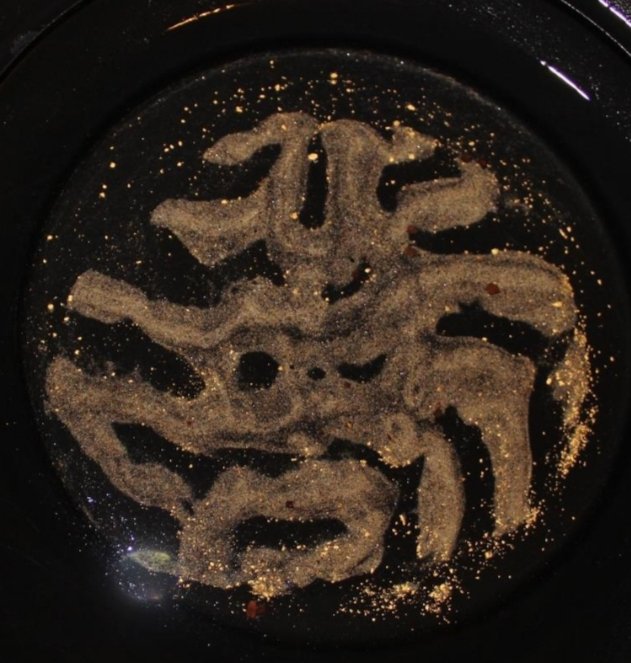Phil8303 said:
Hi everyone,
I am in WA and keen to have a crack at panning and hear any advice from the experts.
Which pan and equipment would you recommend? Slow water, down stream, up stream? Also (and I apologise in advance if it sounds stupid), but how do you identify the smaller grains of gold? Do you dig deep, or aim for the first couple of centimetres of creekbed? Any other reflections? I keep hearing different advice, so any insights you can share, would be appreciated. Thanks very much.
Phil
Well I wouldnt say Im an expert, but then Matt is a crazy old bugger and he is, so maybe a few pointers will help.
Get a good plastic pan or 2 , Garrets are perfect, the Minelab blue ones are ok, best to get off on the right foot. Those black ones are ok but deep set riffles are better. You can grab some leadshot and pieces to practice technique at home when you cant get out.
As for where to pan then you will start to get into all sorts of theories, but I expect you would just like some basic pointers to get you started.
Gold is heavy, and tends to accumulate together. Find the heavies (leadshot, glass, ironstone, gems etc) and you will find the gold. The smaller the piece, the further it will travel. Where you choose to start digging kind of depends on the area you are in.
Obviously start with a known gold bearing watercourse. There will be a "gold line" influenced by the flow, this is where people talk about inside bends, slowing water, back eddies, drop zones behind rocks, crevices etc. If you randomly sample along this you will eventually be able to target the gold.
What depth to dig? Again depends on the area. If its rocky look for natural riffles running across the water flow, or maybe you need to find the clay or decomposing slate zone, it may be in several layers laid down over time, it may be in an old paleo channel where the new watercourse intersected it, or it may be adjacent in the old course of the river as its moved over time.
And of course you will need to target between the area where the gold entered the waterway, and where it runs out.
Which is sort of why they say gold is where you find it. :lol:
And of course we are all probably 100 to 150 years too late. But theres something satisfying about digging holes and panning off. Even if the duffer pans will help while your learning, practicing panning technique, and teach you where the golds hiding.
Once your successful take note of why its there, the material its in, and the type of gold.
Might help to see if theres a prospecting group near you, time spent watching and learning with real time adjustments will help.
Its kind of hard starting out, not knowing the right questions to ask or how to ask them. But keep at it mate, gold rewards patience.





